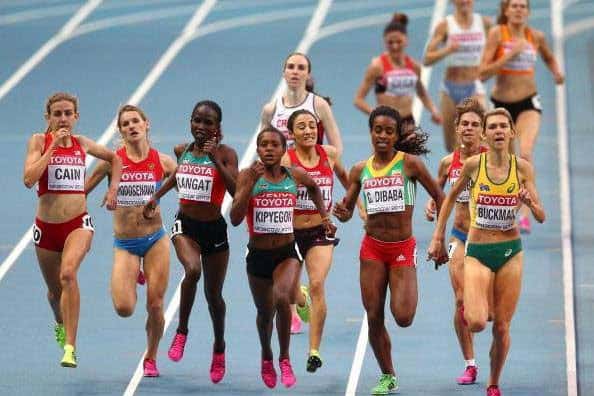One of the first questions that you ask when you meet someone is, “what do you do?” We each have a role in life which defines who we are, whether it is centred on work, the family or even leisure. Aristotle said that, “We are what we repeatedly do. Excellence, then, is not an act, but a habit.” Being an athlete at the top level requires you to be conscious of the habits that you make on an everyday basis. Because the better that you get, the tougher that it gets to improve. And the tougher you shall be.
Above all, you need to make decisions which allow you to keep your head up. In other words, dignified decisions. It is the only way to keep moving forward, even when the circumstances present a challenge. When you are running in a race, feeling far from your best, it can be tempting to throw in the towel. But if you do, it is sure as hell hard to walk around with your head up afterwards. How will you explain it to others?
Sometimes things happen which are out of our control, whether it’s a physical or emotional setback. But if you let your reaction get the better of you every time, it becomes habit-forming. I think that building resilience is important to becoming a better athlete. Nobody can argue that an elite athlete is physically and mentally strong, but what you do off the court is important too. The real challenges are faced off the track.
Everyone’s got them. But, as my father would say, “a bazillion people find a way to move on”. He just lightly dropped this into conversation one day. It made me think of all the patients that come into his medical practice. Some even need to see psychiatrists. I am not saying that we all have problems which need medical attention, just putting things in perspective. Running has always been something which I have enjoyed to have as a focus in my life. I feel that whatever happens, I can always get out there, and get on with life. Maybe it is the physical act of breathing, and putting one foot in front of the other. It’s moving forward in the easiest possible way.
With that said, in the worst case scenario, I am slowly working towards becoming a psychologist. Running is about training the body, and training the mind. A sports psychologist in Oregon once told me to remember, “it doesn’t matter whether I claw through this or plough through it, I’m going to get through it”. It was when I would get caught up worrying about “how I felt” during races. There was one terrible cross country race where I checked out with about 2k to go, because I wasn’t mentally in tune. There were things that were bothering me. But it wasn’t a dignified decision. It was hard to hold my head up afterwards. This only added another problem to face: explaining myself. Had I kept moving on when the pain set in, I would have been better off.
I am really looking forward to building off the year gone by. My 7th place finish at World’s reassured me of the value of the training that I do, and sacrifices that I make. But in spite of the result, I was determined to make the right decisions leading up to Worlds, in order to give myself the best possible preparation. It involved knowing when to stay switched on, and when to allow myself to relax. Throughout competition, it was harder to relax. At times I had to force myself to switch off, and time really slowed down. It was a mental grind. But you get through it because you have to. And your pride depends on it. I know that at the next championship it will still be tough, but if I’ve gotten through it once, I can get through it again. Cheers to 2014.
Tweet
